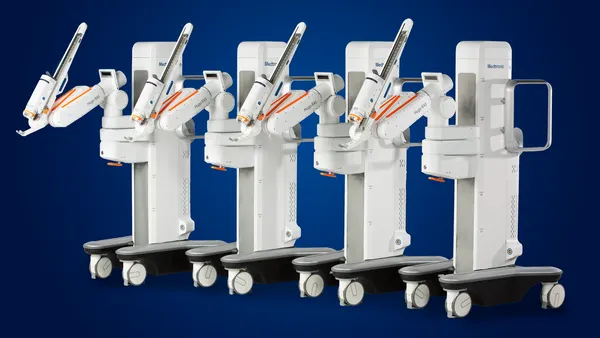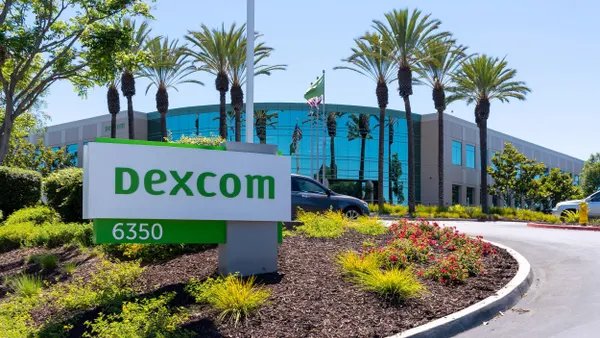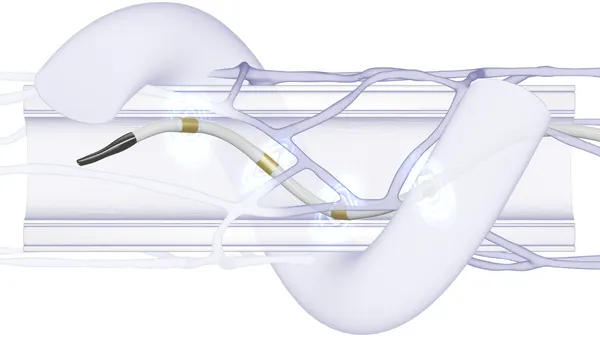Eargo said it posted a second-quarter revenue drop of 68% after shipments of its hearing-aid devices declined.
CEO Christian Gormsen noted on an earnings call on Monday that the company expected volume drops and the negative financial comparisons to 2021 “clearly” reflected the company’s decision to no longer accept insurance as a form of direct payment. The company’s gross shipments slid to 4,455 in the quarter, compared to 12,548 in the year-earlier period.
Along with the move to no longer accept insurance, the company said in its earnings report that the revenue decline in the quarter was due to “a decrease in average selling price, and an increase in sales returns rate,” as the company operated on a cash-pay basis only in the three months ended June 30.
Eargo stopped accepting insurance as a direct payment in December amid an investigation by the U.S. Department of Justice. The DOJ alleged that Eargo submitted unsupported hearing loss-related diagnosis codes on reimbursement claims to the Federal Employees Health Benefits Program (FEHBP), the largest employer-sponsored insurance plan in the world.
The company settled with the DOJ for $34.37 million in April, while it didn’t admit any wrongdoing.
Gormsen told investors that regaining coverage for FEHBP will be a top priority, as well as increasing the company’s retail presence. Eargo is also awaiting a finalized rule from the Food and Drug Administration that would allow for hearing aids to be sold over the counter.
The CEO said in July that the rule will expand the market and improve access for the millions of people in the U.S. who have a hearing disorder but do not use hearing aids. The OTC rule has cleared regulatory review and could be finalized soon.
J.P. Morgan analysts wrote in a note on Monday that Eargo’s approximately $7.2 million in revenue last quarter “came in a step below us and the Street at $10.8M.”
While Gormsen assured investors that Eargo is prioritizing getting insurance coverage back, the CEO didn’t provide any specifics on a timeline, adding that the company will not provide an update until an understanding is reached with payers.
The lack of a timeline was noted by William Blair and J.P. Morgan analysts. William Blair analysts wrote in a note on Tuesday that it “will still take time for this segment to play out” even if the company can re-enter the insurance market. J.P. Morgan analysts said that given the lack of a specific timeline, they “view the outlook for Eargo as challenged even as management views 2Q22 as a stabilization point for the cash pay business.”
Eargo’s shares continue to languish after reaching $75.37 on Feb. 10, 2021. Since then, the stock price has fallen to $1.04 as of Tuesday morning.
To trim spending, Gormsen said that the company has cut its staff by an additional 17% after a 27% reduction at the end of 2021.












